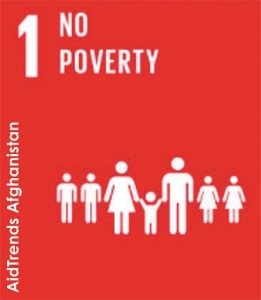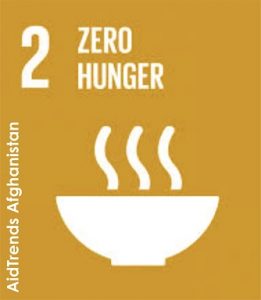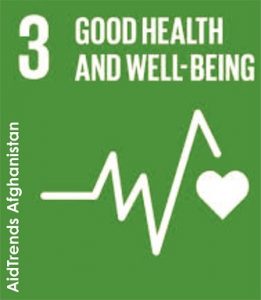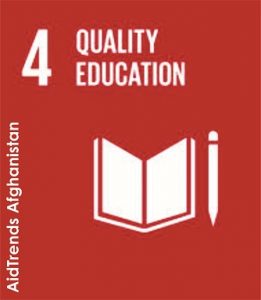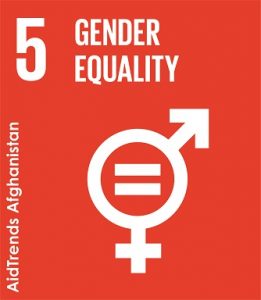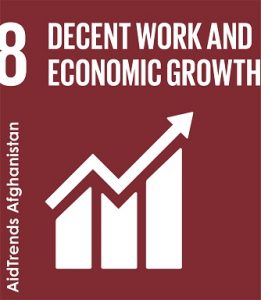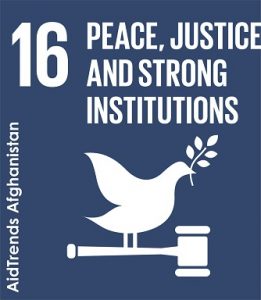DEVELOPMENT APPROACH
AidTrends applies Sustainable Livelihoods approaches that provides a framework for addressing poverty and vulnerability in both development and humanitarian contexts. They have emerged from the growing realization of the need to put the poor and all aspects of their lives and means of living at the center of development and humanitarian work, while maintaining the sustainability of natural resources for present and future generations.
Sustainable livelihoods objectives aim to increase the sustainability of poor people’s livelihoods through Promoting:

